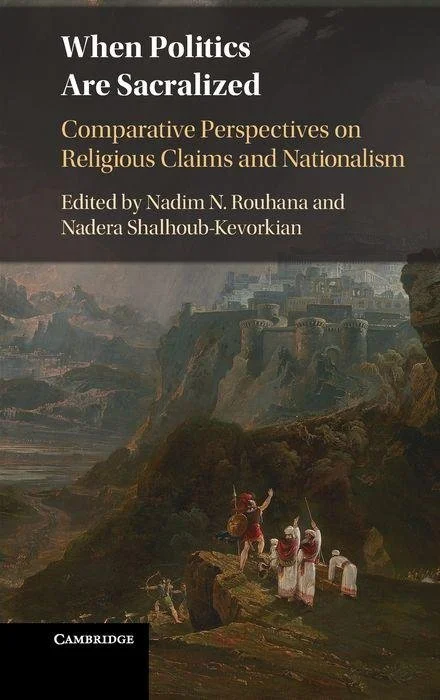A conversation with Paola Cossermelli Messina and Scott RC Levy, two practitioners at the intersection of theatre and sound arts, about what it means to tell stories for radio, from design to production.
Opening remarks by Brinkley Messick and Q&A session moderated by Tom Casserly.
From arts professionals looking to expand to a new medium to arts aficionados interested in hearing how radio plays are made, this seminar, discussion, and Q+A will provide an opportunity for everyone to learn something new.
Speakers
Paola Cossermelli Messina is a PhD candidate in Ethnomusicology at Columbia University in the early stages of her dissertation exploring music, identity and diaspora in and between Lebanon and Brazil. She holds a B.A. in Music and Writing from Sarah Lawrence College and an M.A. in Media Studies from The New School, with a specialization in sound. Her Master's thesis on the oral histories of Iranian women musicians was awarded a Middle East Studies Association's Graduate Student Paper Prize in 2016. Her most recent thesis and project, an experimental ethnography on a jukebox in a lesbian bar, was presented at Harvard's 2021 Graduate Music Forum. A sound designer and audio engineer by trade, she has worked in film and podcasts, and for the past 5 years has produced and edited the Arab Studies Institute's podcast الوضع. She teaches audio workshops at Sarah Lawrence College and, prior to pursuing her PhD, was the Project Manager for CUNY-Creative Arts Team's program Sound Thinking NYC, a free summer intensive for NYC high schoolers interested in careers in music production and audio engineering. She has been a Mason Endowed Fellow (2020-21) and was selected by the Society of Fellows and Heyman Center for the Humanities and the Center for Palestine Studies at Columbia University as the 2021-22 Public Humanities Radio Play Fellow.
Scott RC Levy is an award-winning and acclaimed artistic director, producer, director, actor and educator. He is currently the Executive Director of Green Box Arts in Green Mountain Falls. He served as the Producing Artistic Director of the Colorado Springs Fine Arts Center Theatre Company for 10 seasons. For his work at the FAC, Levy was awarded multiple Henry Awards (including Best Season of a Theatre Company in Colorado), Pikes Peak Arts Council Awards, and other national recognitions. Before moving to Colorado in 2011, Levy was the Producing Artistic Director of the Penobscot Theatre in Maine. Additionally, he has produced, directed and/or performed on, off and off-off Broadway, for the New York International Fringe Festival, at Shakespeare’s Globe in London, the Edinburgh Fringe Festival in Scotland, and in over 60 cities across North America. He has taught for several institutions including: University of Colorado, New York University, the Playwrights Horizons Theater School, the Guggenheim Museum and the University of Maine. Levy holds a BFA in Acting and a Master’s in Educational Theatre, both from New York University. He is a member of Actor’s Equity Association, and serves on the boards of the Cultural Office of the Pikes Peak Region and the Colorado Theatre Guild.
Moderator
Tom Casserly is a New York-based theatre producer and current MIA Candidate at Columbia University's School of International and Public Affairs. He is the Executive Producer of the Center’s NO PLACE | LA MAKAN | لا مكان program and the co-founder of the annual Youmein Creative Media Festival in Tangier, Morocco.
Introductory Remarks
Brinkley Messick is Professor of Anthropology and of Middle Eastern, South Asian and African Studies at Columbia University. He is the author of The Calligraphic State (1993), which was awarded the Albert Hourani Prize of the Middle Eastern Studies Association, and Shariʿa Scripts: A Historical Anthropology (2018). Brink was a founding Co-Director of the Center for Palestine Studies (2010-15), and is the Director of the Middle East Institute at Columbia.




















